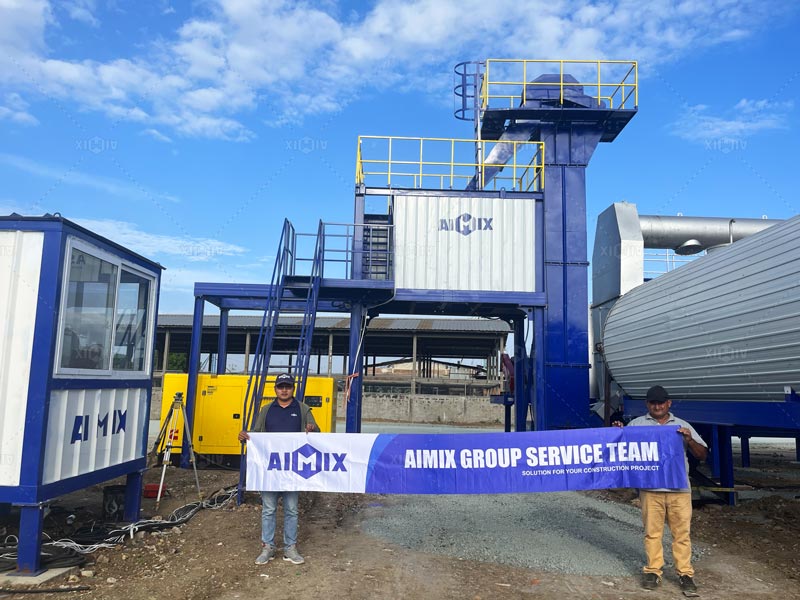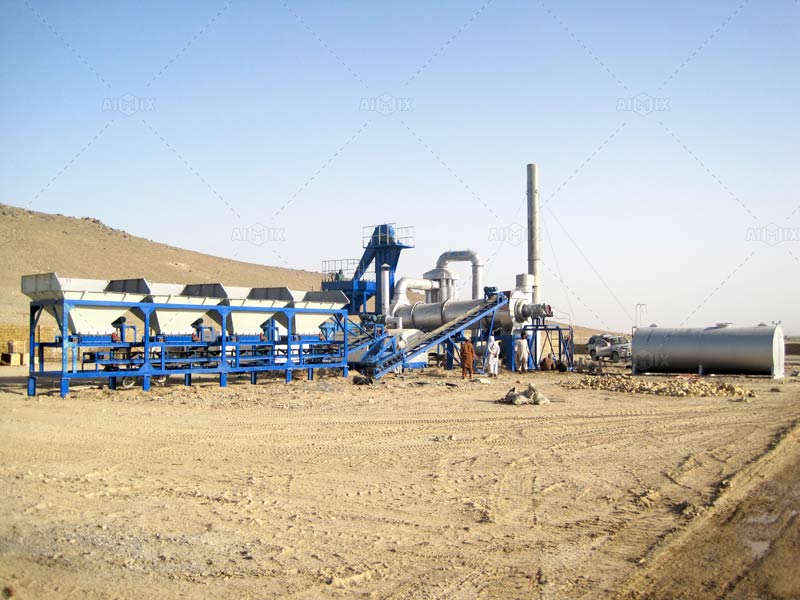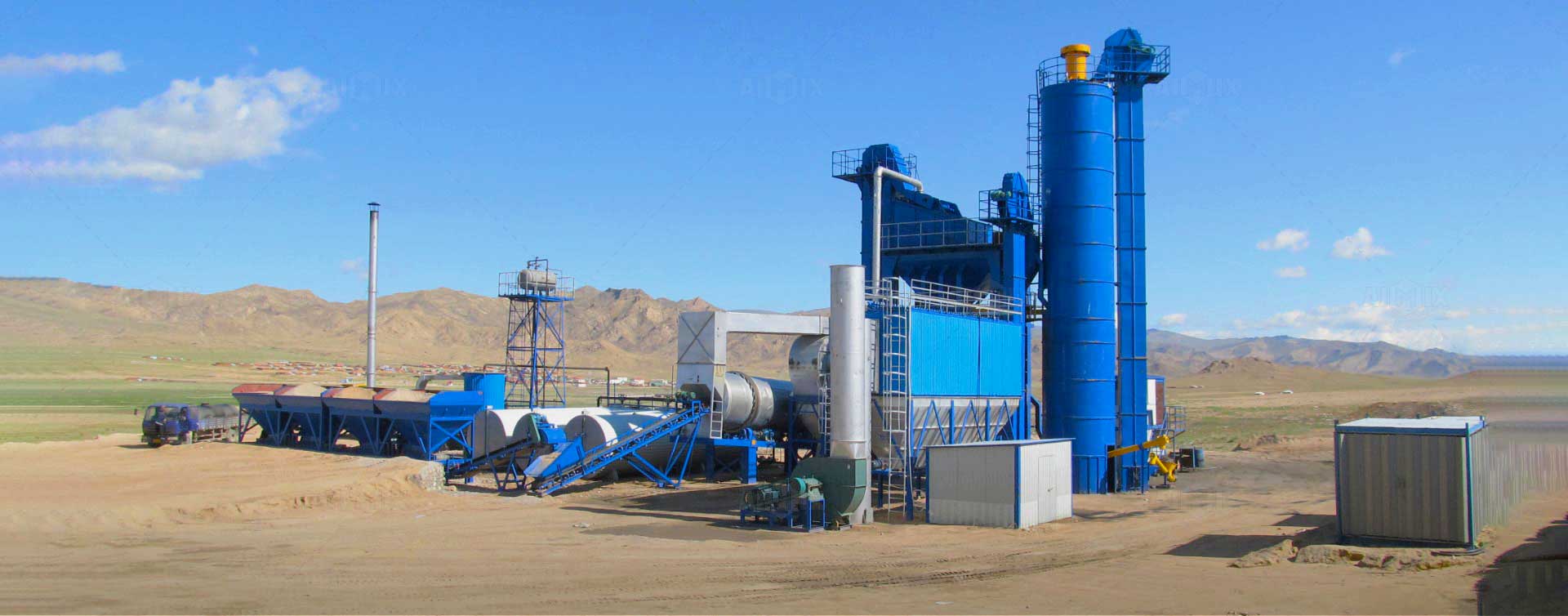As Latin America expands its transportation networks, road quality and longevity have become critical benchmarks for public infrastructure projects. From transnational highways to urban bypasses and airport runways, high-standard road construction depends heavily on the consistency and precision of materials used in the asphalt mix. One often overlooked yet essential factor in this process is weighing accuracy within the asphalt production system. Today’s advanced asphalt plant(planta asfaltos) technology—including intelligent batching systems and automated weighing—plays a pivotal role in ensuring quality, reducing waste, and optimizing performance across Latin America’s most demanding road projects.

Why Weighing Accuracy Matters in Road Construction
For road surfaces to withstand heavy traffic, intense heat, and long-term wear, asphalt mixtures must meet strict specifications. Even minor deviations in the proportions of aggregates, bitumen, and filler materials can compromise the strength and flexibility of the pavement. Accurate weighing ensures that each batch of asphalt mix maintains the correct ratios, resulting in:
- Consistent compaction and smooth surface finish
- Improved resistance to rutting, cracking, and deformation
- Reduced maintenance frequency and lower lifecycle costs
- Compliance with international and national road construction standards
This is particularly crucial in Latin America, where diverse geographic conditions—from tropical rainforests to high-altitude mountain ranges—require tailored asphalt formulas for different regions. High-precision weighing systems allow plants to adapt quickly to these varying demands without sacrificing quality.
Modern Asphalt Plant Technologies Supporting Accuracy
Intelligent Weighing Systems
Modern asphalt plants come equipped with automated weighing mechanisms controlled by PLC systems and load cells that continuously monitor and adjust the material flow. These systems can achieve weighing accuracy within ±0.25% for bitumen and ±0.5% for aggregates—standards that far exceed older manual or semi-automated equipment.
Digital sensors also compensate for variables like moisture content and temperature fluctuations, which are common in regions like Colombia, Ecuador, and Brazil. With these features, high-altitude or humid areas no longer pose a challenge to mix quality.
Benefits in Drum Mix Asphalt Plants
In continuous production settings, such as in a drum mix asphalt plant(planta de asfalto continua), real-time weighing becomes even more critical. These plants operate at a constant flow, so the ability to monitor and regulate feed rates ensures the desired gradation and binder content at all times.
Advanced drum mix models now include variable frequency drives (VFDs) linked to weigh sensors, enabling automatic material flow adjustments to prevent inconsistencies. For road authorities working on long stretches of highway in countries like Argentina or Mexico, such automation translates to uniform quality mile after mile.
Enhancing Productivity and Reducing Waste
Inaccurate batching doesn’t just compromise quality—it also leads to overuse of expensive materials like bitumen or wasted aggregate, increasing the overall cost of road construction. By implementing precise weighing systems, contractors can:
- Reduce material consumption by avoiding overuse
- Minimize rejected batches and rework
- Streamline operations through digital tracking and reporting
- Lower fuel use by optimizing mixing cycles and batch timing
For governments and contractors working within tight budgets, especially in rural or regional projects, the cost savings can be substantial over the life of a project.
Case Example: Mobile Asphalt Plant Efficiency in Peru
In a recent highway paving project in Peru’s mountainous interior, a mobile asphalt plant(planta de asfalto portatil) equipped with high-precision weighing controls delivered over 500 tons of mix per day with minimal deviation in mix composition. Despite difficult terrain and variable climate, the project met strict government quality benchmarks ahead of schedule and under budget. The mobile setup allowed quick relocation across multiple sites, while the weighing system ensured uniformity regardless of location.

Finding the Right Asphalt Plant for Latin America’s Demands
The growing demand for accurate, efficient road building equipment has driven a surge in interest across the region for modern asphalt plant for sale(planta de asfalto en venta) listings that prioritize automation and precision. Buyers are now more aware that initial investment should be evaluated against total lifecycle benefits, including:
- Consistent product quality over time
- Lower repair and maintenance costs
- Greater operational uptime
- Ease of training and simplified operations
Whether contractors opt for a stationary setup or a portable mobile asphalt plant, the inclusion of advanced weighing systems is quickly becoming a non-negotiable feature for high-quality road construction across the continent.
Mini Plants Are Not Left Behind
Even smaller capacity plants—such as mini or compact models used in municipal projects—are being equipped with smart weighing controls. In regions like rural Bolivia or the Amazon basin, where road lengths are shorter but quality remains important, these scaled-down systems offer the same technological advantages in a smaller, more affordable package.
Conclusion: Precision Is the Foundation of Quality Roads
As Latin America’s infrastructure investments expand, the demand for durable, high-performance roads will only grow. Weighing accuracy—once seen as a secondary concern—is now central to meeting the region’s rising construction standards.
Whether through a high-capacity drum mix asphalt plant or a versatile mobile asphalt plant, improved weighing accuracy enables faster production, better resource management, and higher-quality results. For contractors and governments seeking reliable asphalt plant for sale options, prioritizing intelligent weighing systems ensures not just compliance, but long-term success on the road ahead.
